Save with Subscriptions!
SAVE 10% WHEN YOU SUBSCRIBE TO ANY PRODUCT. YOU CAN CANCEL OR PAUSE YOUR SUBSCRIPTION ANY TIME.

Free Shipping Over $300
ENJOY FREE STANDARD SHIPPING IN THE US EACH
TIME YOU SPEND $300 OR MORE ON AN ORDER.

Special Offers for VIPs
SIGN UP FOR OUR VIP LIST AND YOU’LL BE IN ON EXCLUSIVE OFFERS, NEW RELEASES AND OUR BEST DEALS!

